|
The accelerated adoption of the Euthanasia law in Canada has thrown us into a troubling attack on the sanctity of life. Initially introduced by the Canadian Government to alleviate severe physical suffering, the law is now being suggested as a method to "manage" mental health conditions. Bill C-7, an amendment to the Criminal Code relating to medical assistance in dying (MAiD), proposes expanding eligibility for MAiD by removing the requirement that a person's natural death must be reasonably foreseeable. This could allow individuals not nearing the end of their lives, including those with mental illnesses such as depression, to avail themselves of this provision. Since its adoption, over 31,000 medically assisted suicides have occurred in Canada - a number projected to rise significantly with the planned expansion of the law to include those suffering from mental health conditions. However, mental health illnesses are highly treatable. Symptoms can be managed, and lives can be lived to the fullest. Broadening access to MAiD is not the solution, particularly when our priority should be to choose life over death. We must ensure all efforts are taken to protect the most vulnerable from medically assisted premature death, which can be prevented with adequate treatment and care. We should ensure that those suffering from mental illness are treated medically, not through assisted dying. Conservative MP Ed Fast has brought forward a Private Members Bill C-314 to rescind the government’s decision to expand Canada’s assisted suicide laws. The bill asserts that medical assistance in dying should not apply to persons suffering solely from mental illness. The vote will take place by members of parliament on October 18th. As the CCCB urges all the faithful in their Open Letter in May 2023: “We encourage individual Catholics and their families, faith communities, Catholic healthcare professionals and any other people of good will to continue courageously and unwaveringly to witness to life, to tend to and accompany the sick, to resist pressure to support or participate in ‘MAiD,’ and to pray that our law makers may see the harm in what they are permitting to take place.” Let's continue to pray for those living with mental health challenges and illnesses and those who care for them, that God may strengthen them in hope, and that they may find the support they need from family, healthcare professionals, faith communities, and others. The Catholic Women's League (CWL), a national organization of Catholic women, emphasizes the sanctity of human life as one of their key missions. Amidst the pressing social justice issue of inadequate mental health and palliative care services in Canada, and the critical concern surrounding MAiD, they are urging members and the faithful to take action and reach out to their Member of Parliament, requesting support for Bill C-314. With the vote scheduled for October 18th, time is critical. Please share this vital message with your family and friends.
Notes:
Reading materials:
3 Comments
My 95 year old mother did not know a grandparent, a cousin, an aunt or an uncle growing up. But it is like the Lord is making up for what she did not have, as now there are close to 90 of us with our families and children and grandchildren and great grandchildren. Truly, the blessings of abundance are bountiful! Celebrating the third World Day for Grandparents and the elderly is especially heartwarming for me this year. First, to be a grandparent to 11 on earth, and to have my own mother still with us as a grandmother and great grandmother is truly a blessing. The alignment of the World Youth Day preparations with the celebration of this day serves as a reminder for young adults to appreciate the gift of their grandparents. As they participate in the festivities in Lisbon, Portugal, this year's World Day for Grandparents and Elderly theme, "His Mercy is from age to age" (Luke 1:15), echoes a message that God’s eyes are always on us. Taken from the Visitation of Mary to her cousin Elizabeth, this verse speaks volumes of the generations who celebrate in this Mercy. 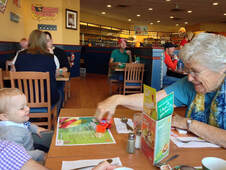 The connection between the young and the old is vitally important. Whether it is being there as a grandparent to offer support and wisdom, or whether it is accepting the outstretched hand of the young offering help, both are so very necessary. Even if your grandparents are no longer with you, there are many elderly waiting to receive the touch of a grandchild figure, or for them to be a grandparent to a child. During the pandemic when care facilities, and other living accommodations were closed off to visitors, our family came up with an idea to be able to see mom everyday by using FaceTime. This allows us to pray the daily rosary with her, to bring to prayer those who had special needs, and to remain connected. For over 2.5 years we have continued the practice as a family, and those who are able to join in can do so on any given day. There are countless ways to maintain strong connections with our elderly loved ones, and each small effort can make a significant difference. Looking for ideas?
As grandparents we experience the joys and sufferings of each of our children and grandchildren. There are special needs, and there are many ways that we can be a blessing to our grown children and our grandchildren. I always recall with great gratitude the many times my own parents took our children, and the mercy shown to us when we were young parents. It is this boundless mercy shown to us that I desire to pass on to our own children and grandchildren. Those blessings that we received as young parents are still felt today, as I reach out to, and try to provide a place of secure welcome to our own grandchildren. To witness to, and to be there for our grandchildren, as our presence is required, allows our grandchildren to receive so many benefits of family living united in the hope and the promise of the gospel message. We are called to be there, and to especially be there for our aging parents / grandparents. To be a sign of hope in a culture that wants to cancel people is so very important. It means taking a stand and to pray through our current culture, while keeping our focus on what brings life. To be people of hope, when all hope seems diminished stands as a beacon for the world. God’s plan is so much bigger than what we can imagine, and we can be that sign of hope for others. It is not about a “perfect” life, it is about allowing God’s will and His plan to unfold for our lives, having the cross at the centre. It is about caring for those that God puts in our path. The love and respect given to and from grandparents can never be diminished. When cultures are cancelling the weak and the vulnerable, it is time to stand up, and be counter cultural. Let us be the “voice of one crying out in the wilderness” (Isaiah 40:3). Do not be afraid to be the one to show His Mercy, and to respect the life we have been given from conception to natural death. My grandfather, when asked how to raise children, simply said, “teach them their faith, and use good common sense.” Today this is still sound advice, so simple and yet so true. His words of wisdom have stood the test of time. As we navigate through this complex and unforgiving world, let’s revisit this advice, and may we proclaim with boldness the message of mercy to our grandchildren.
Everlasting joy: Serving & Listening in the Spirit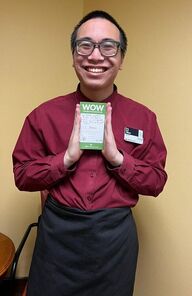 Over the past year or so, I have been working as a waitstaff member at a retirement home in the northwest Calgary. It is a quaint place for independent seniors who do not require extensive care. My most treasured part about this job are the interactions I have with the residents at the retirement home. This, I believe to be a twofold interaction as I have noticed that the residents seldom receive family visits. The residents have a wealth of insights and wisdom to share, and what I commit to bring them in return is an infectious joy to hopefully brighten their days. I would not have chosen this job if I had not recognized the primary commitment to bringing joy. I have my own experiences with my grandparents and my faith to thank for that; because I cannot imagine how isolating it could feel to live here without much social interaction. Interestingly, I learned from a group of residents about a differing approach taken by another waitstaff member. Residents were advised to spend their free time in their suites rather than the all-day café near the dining area, which is typically designated for leisure. This baffled me. What could possibly lead one to believe that people, particularly seniors, would prefer to be cooped up away from everyone for days on end. These experiences further bolster my efforts to provide the most genuine and respectful service I can give. This primarily comes down to the smaller things. If there’s one thing the elderly desire from a service, is to feel that they are listened to. I cultivate this through a multitude of smaller actions, such as not just remembering and calling residents by their names; but also knowing their drink choices at each mealtime, as well as any allergies or food preferences. I make a point to acknowledge all of these preferences or requests when serving them; and I am always open to conversation. At the end of the day, I am here at this job to serve the elderly the best I can. I am drawn to this work, feeling motivated by the Holy Spirit to bring joy wherever I go and to whomever I interact. As we approach 2023's World Day for Grandparents and the Elderly, I aim to continue dedicating my service both to God and to the senior residents in the retirement home. I pray for the Holy Spirit to help me continue to share God’s love and joy with the elderly.
Together with the Canadian Conference of Catholic Bishops (CCCB), Bishop McGrattan is urging the faithful to continue to oppose the expansion of MAiD in Canada. The CCCB has just issued an Open Letter to the Government of Canada and a Message to the Catholic Faithful on May 9 re: Permitting Persons Living with Mental Illness to Access Euthanasia/Assisted Suicide. We ask you to share the Bishop's message with your friends and family:
Let us spend the National Week of Family and Life (NFLW) 2023 united in prayer, reflection, and action, demonstrating our active support for family and life. Indeed, families are “guardians of life” when we love one another within our families and in wider society when we show kindness toward and care for the vulnerable and marginalized.
Note: Day 1 can begin anytime! We want to ensure everybody has the opportunity to join in and take part in this wonderful experience. Don't worry if you missed the start of NFLW, you can join in and start participating in the daily prayers and activities from any day.
Source: National Life & Family Week Daily Prayers & Activities, CCCB, 2023
The World Day of the Sick is celebrated each year on February 11, the liturgical memorial of Our Lady of Lourdes. It is an occasion to pray for individuals who are suffering, and to find concrete ways to draw nearer to them. The Holy Father's 2023 message is entitled: "Take care of him - Compassion as a synodal exercise of healing". In light of the Church's synodal journey, Pope Francis invites us "to reflect on the fact that it is precisely through the experience of fragility and illness that we can learn to walk together according to God's style of closeness, compassion and tenderness."
Pastoral suggestions for the World Day for the Sick (Feb. 11, 2023) for parishes and all the faithful:
Resources for World Day for the Sick:
One of the most interesting things I learned from my Gong Gong, which is Chinese for “grandpa”, was that he grew up as the tenth child in his family. That came as a profound struggle for him since his family wasn’t well-off, and as the tenth child he usually perceived or felt the lack of parental comfort that his older siblings would get more regularly. He told me this story because I, on the other hand, have grown up as an only child. This difference in growing up is how a lot of my conversations with him have centered around life advice founded in the principles of gratitude, perseverance, and honesty. I am only able to see him in person every summer for about a week or so, and I take his lessons to heart, especially now that I have been unable to go visit him in precaution of his health. Gratitude was the first and often returned to principle that my conversations with my grandpa would go. Primarily since I was an only child, I had no siblings to worry or quarrel with regarding attention or care from my parents, which is why my grandpa instilled into me how wholly grateful I should be when I’m looked after regarding all matters of my life: food and water, shelter, education, and most importantly, a parental devotion to forming my initial relationship with God. Since my grandpa told me tales of feeling neglect, I understand that he instilled this value into me because he wanted to emphasize how extremely blessed I am and should never take it for granted. There still are, unfortunately, times when I do take blessings for granted. However, this is where the principle of perseverance becomes critically important. I have to admit and take responsibility for arguments and mistakes I make, which is embodied by the occasions where I would argue with my grandpa since I couldn’t quite understand what he was talking about. The key takeaway from these admittedly unpleasant interactions is that after I apologize and more closely listen to him, I do not beat myself up over the argument or misunderstanding. This also goes for when I am trying to convey something to him; something that I perhaps have great difficulty explaining to him in a way he can understand, and the perseverance he helped instill in me allows me to find that way. I still cannot imagine how much he had to persevere as the tenth child in order to make his views or opinion known to his parents. This perseverance can then be carried over to many other pursuits in my life such as education and career. As I’ve discussed with my grandpa, these two principles of gratitude and perseverance become tightly interwoven with the principle of honesty. Gratitude for blessings must be genuine, it cannot be flippant or sarcastic as that is not only disingenuous, but also a new source for arguments or making ungratefulness even more apparent. When it comes to perseverance, my grandpa helped me to draw a line between the two unhelpful extremes: giving up or setting boundaries too early, or not setting proper boundaries for myself. Honesty is required to temper both extremes and find a proper balance. For example, a particular lesson my grandpa gave me over one summer vacation was regarding the emotional drama that I found myself wrapped up in during my high school years. He told me that it was good that I wanted to do my best to help my friends through the drama, but that it should not come at a cost to my own emotional well-being. I realized after that particular conversation that I had to give up and properly step away from the emotional turmoil I had gotten entangled in during high school; and that ended up preserving my emotional health so that I could graduate from high school. I haven’t been able to visit my grandpa in a long time, and even though we do video calls and occasionally send emails, nothing is comparable to being able to physically talk with him face to face. In honour of 2022’s World Day for Grandparents & the Elderly, I wish to convey my heartfelt gratitude to my grandpa for all the lessons and advice he has given me so far in life. I pray to be able to visit him again soon and catch up on all the time we’ve missed.
“You do not have to be Catholic to be interred here, but most are,” says Deacon Paul Kennedy, who manages the columbaria at Sacred Heart. Kennedy knows that many Catholics are uncertain about what the Church teaches about cremation. And that’s why he takes his job so seriously. Kennedy knows what the Church teaches. He is also convinced that many who visit Sacred Heart’s columbaria will leave with a new understanding of why a growing number of Catholics will choose cremation—and a columbarium—in the years to come. Catholic teaching According to information from the Canadian Conference of Catholic Bishops, the Roman Catholic church lifted its prohibition against cremation in 1963. Twenty years later, the option was coded in canon law. Over time, Christian Funeral Rites were altered to set the parameters for when cremation can take place before a Funeral Liturgy. The rites detail where cremated remains are placed during the Funeral Liturgy (never on or immediately in front of the altar). They also spell out the need for all of the cremains to be placed in a secure vessel. Fr. Edmund Vargas, a former pastor at Sacred Heart, first talked to Kennedy about establishing a columbarium in 2005. When the first of the 3,000 niches went on sale about five years later, the church-based facility was one of the first—and possibly the first—in Canada. Then-Bishop Fred Henry blessed the first columbarium at Sacred Heart on May 13, 2011, with the first interment that same month. The second columbarium opened in 2013. Accessible by elevator and stairs, visitors enter the columbaria through a locked door. Mourners receive a punch key code that allows them to visit the indoor space 364 days of the year. “The only day we are closed is Boxing Day. I know some people come here every day to spend time with their memories,” notes Kennedy. “On the second Saturday of each month, we also host a special memorial service in the church. Those are always well-attended, and many people visit the columbaria after that mass.” A sacred space The hallways inside the columbaria are adorned with 13 stained-glass windows. Purchased from a Catholic church in Buffalo, New York, the 150-year-old windows were painstakingly restored and framed. “We’ve backlit the windows, and the effect is beautiful. Visitors feel like they are walking past actual windows. You lose any sense that you are in a basement,” explains Kennedy. Once inside, visitors can rest on comfortable benches upholstered in an elegant shade of burgundy. Recessed ceiling lights contribute to the calming hue of the muted-yellow walls and ceilings. A lack of adornment inside the columbaria keeps eyes drawn to the niches. “Father Edmund chose very meaningful names for the columbaria,” adds Kennedy. The first columbarium is called the Holy Land, and its sections are named after Holy Land locales, like Bethlehem and Mount Herman. The Galilee section includes smaller areas named Grace, Hope, Joy, Peace and Serenity. A special section in the Serenity area holds the cremains of stillborn babies and others who died soon after birth. Most of the niches in the Holy Land are single niches, “but people can reserve two single niches, side-by-side, as long as they are available,” says Kennedy. The second columbarium, with more niches designed for two or four urns, is named Holy See. Each of its sections references a Holy See location. Again, families can purchase several niches in an area. Learn more People interested in touring the columbaria can reach out to Kennedy at Sacred Heart. He’s also available to speak with groups, including parish-based groups like the Knights of Columbus and Catholic Women’s League. Those interested will receive an Estate Planning Guide from a Catholic Perspective. “People have a lot of questions, and I’m here to answer them,” says Kennedy, who’s already secured a Sacred Heart niche for he and his wife. While he’s learned not to guess what questions people will bring to their first conversations about the columbaria, Kennedy’s accustomed to how the meetings end. “There is comfort in knowing what will happen after you die. After people choose a niche, their response is typically the same. They tell me, ‘I feel relieved.’”
Norman Henry Marshall, my Papa [grandfather], was a beacon of joy and love for our family. His laughter was deep and contagious. Papa was assured, kind and intentional. His steadfast love created a retreat for me in my teenager years away from trauma and distress. Papa always saw through the situations we were in or the bumps in the road to the beautiful uniqueness of each person. The love that beamed from his bright blue eyes called me out of fear countless times in my life. It is no surprise that he became the rock to my grandma, his five kids, their spouses, his thirteen grandchildren and his six great grandchildren. My Papa was strong and resilient, in his incredible 85 years he overcame hardship, felt loss, and knew pain. He threaded through each difficulty with valor and kindness. My papa never spoke the language of defeat. Sitting in the living room in the old farmhouse, I remember watching him love my Grandmother. He could turn her tears into laughter by taking her in his arms and singing and dancing. He loved all of us that way. My Papa knew how to call us to bravery. He celebrated each one of my children’s births and mourned with me each of my miscarriages. It is hard for me to imagine welcoming my fourth baby in December without him.
For Flory D’Souza the Outdoor Way of the Cross is a family affair. Her father Antonio Carvalho carried the cross in the procession a few months before he died. At 91, with a cane in one hand, the cross on his opposing shoulder, he carried the cross right to the very end of his life. “I took a picture of him carrying the last station of the Cross and I got it printed while he was in the hospital. Everyone could not believe that was my Dad,” said Flory, picturing the scene four years ago. “For him it was just because he was a man of faith and I think a little way of saying: Jesus I’m helping you carry your cross and carrying my own cross with His. It gave him fulfilment in being part of the Good Friday event,” said Flory. For 20 years Flory’s parents Antonio and Annie made the Good Friday pilgrimage through the city. Now at 83, Annie is unable to participate anymore, but Flory fondly remembers how important this pilgrimage was for her parent’s spiritual lives — a spiritual practice she plans to carry on. “When my dad was interviewed by a reporter he was asked: ‘You are such a small man and you carry such a heavy Cross?’ His answer was: ‘My Jesus helps me.’ I thought what a sweet answer,” said Flory. “When I’ve carried the cross I’ve found it heavy, but I think it’s the weight of our sins that makes it heavier,” she said. “It has helped us know that we all have a cross to carry, but Jesus helps us to carry that cross. And He never gives us a cross too heavy to carry. It helps our faith, to go on and trust in God and be thankful that Jesus did what He did for us to be free.” Flory has carried the Cross a number of times and has consistently attended the pilgrimage for the last decade. Since she has never been to the Holy Land she sees this as her opportunity to walk in the footsteps of Christ. “This just means so much. The stations take you to human suffering. It was Jesus’ suffering in Calvary, but here in every station is some kind of human suffering and you are made aware of it,” she said. Flory is no stranger to suffering. Two years after her father’s death, her husband John suddenly died at the age of 57. “My strong Catholic faith, thanks to my parents, has helped me cope with my cross in life and these great losses,” she said. Flory immigrated on her own to Calgary 30 years ago from Kenya. Of her five siblings, she sponsored her sister in 1992 and three years later her parents. Then eight years ago she sponsored her brother Alex Carvalho. He volunteers with crowd control for the pilgrimage. From humble beginnings, the Outdoor Way of the Cross has grown to attract between 2,500 and 3,500 pilgrims, some from other faith traditions. And more than 200 volunteers help keep it running smoothly.
Written by Sara Francis
From the moment Phyllis and Clem Steffler walked into Evanston Summit, they knew it was destined to be their new home. “Phyllis was ready to move in the next day,” laughs Clem. Retired and living in Airdrie, the couple was seeking greater ease in their lives, without the worry of maintaining a home and cooking their meals. They’d been looking at options when Judy, from Covenant Living’s Evanston Summit, met them at their local church and invited them to a BBQ. They walked in and immediately loved the welcoming, attractive front entrance. Their instinct was confirmed several months later when their daughter, a public health nurse in Toronto, was in town. “We took her to several retirement residences,” Phyllis recalls. When they got to Evanston Summit, she turned to her parents and said, “Dad and Mom, this is the place for you.” The couple moved in on July 18, 2018.
Below is a video series on the Catholic Response to Medical Assistance in Dying (MAID), presenting Bishop William McGrattan, Dr. Eric Wasylenko and Fr. Cristino Bouvette. Moral Theology of Catholic Decision MakingThe legalization of Euthanasia in Canada is of concern to all Catholics, not only those employed in the medical profession. As euthanasia (often termed Medical Assistance in Dying or MAID) involves the intentional taking of a person’s life, it presents a challenge for all who are committed to upholding the dignity of life and protecting the most vulnerable in our society. In a thoughtful and considered presentation which is of significance to all who are committed to living the Gospel message faithfully, Bishop William McGrattan of the Diocese of Calgary, Alberta, identifies the many spiritual concerns which flow from the legalization of euthanasia – including many you may not have previously considered. Topics discussed include: the role of individual and institutional conscience; the basis for conscientious objection by medical professionals; the principle of cooperation as it relates to taking one’s life; and the risk of scandal. Regardless of how familiar you are with the subject, Bishop McGrattan presents insights which are sure to lead to further reflection. Truly Caring for the Terminally IllDr. Eric Wasylenko, a palliative care physician and clinical ethicist, shares his insights and concerns relating to the legalization of euthanasia (often termed Medical Assistance in Dying or MAID) in Canada. Medical intervention to hasten death differs greatly from withdrawing medical care so as to allow a natural death. He explains how attempts to exert human control over the process of death are in conflict with both the traditional concepts of palliative care and the true essence of what it actually means to care for and assist those who are terminally ill. Dr. Eric Wasylenko proposes that we ought not to apply the label of “conscientious objectors” to those who oppose euthanasia, but rather direct the dialogue to reflect that reality that those who oppose euthanasia hold deep convictions and are determined to adhere to their moral commitments. The Dignity of Human LifeFr. Cristino Bouvette, a priest for the Diocese of Calgary, leads an impassioned and inspired discussion on the Church’s teachings regarding euthanasia. As a consequence of the incarnation – the Word becoming flesh – acknowledgment of the dignity of each person as made in God’s image rests at the heart of Catholic social doctrine. As Fr. Cristino Bouvette explains, the Church does not pronounce on matters of morals without providing reasons which are derived from both scripture and rationality. As he guides us through Church teachings relating to the end of life, Fr. Cristino clearly illustrates why opposition to euthanasia is necessary to not only abide by God’s law, but also to draw each person’s heart closer to the Heart of God and the divine and personal plan which Jesus has for each and every life. Allow yourself to be inspired to live the Gospel more deeply. Good food, great conversations and loads of laughs -- that's what made our first diocesan Seniors Get-Together a great success. We also had a special guest. Bishop Emeritus Henry came and shared his seniors wisdom on how to be fully alive as a unique creation of God. If you missed the event, here are some of the highlights of Bishop Emeritus Henry's talk:
|
Author
Catholic Pastoral Centre Staff and Guest Writers Archives
July 2024
Categories
All
|
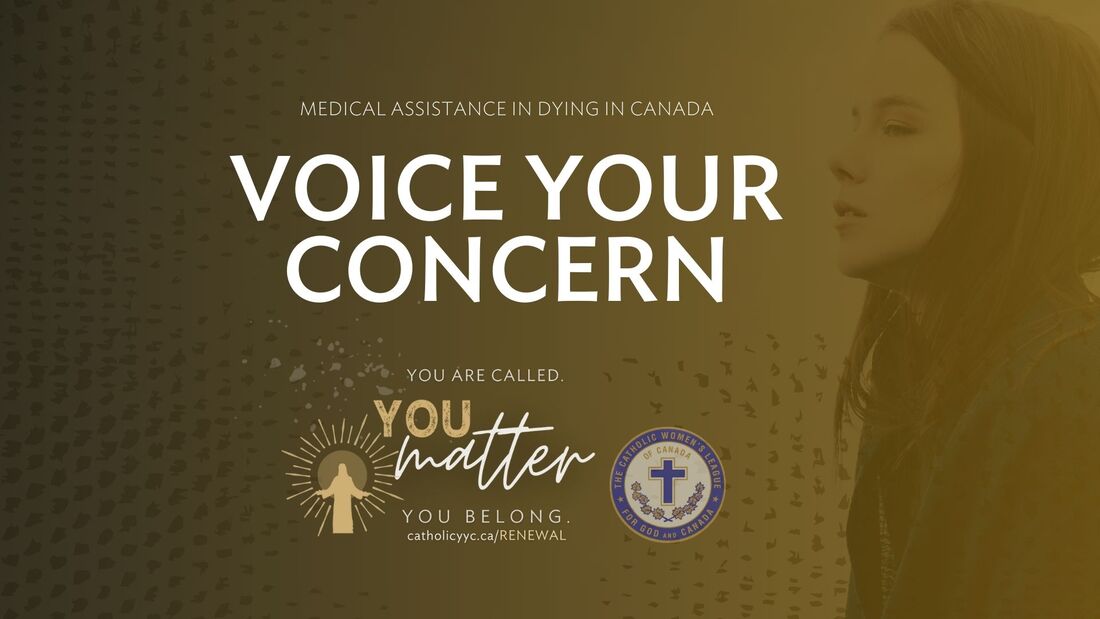


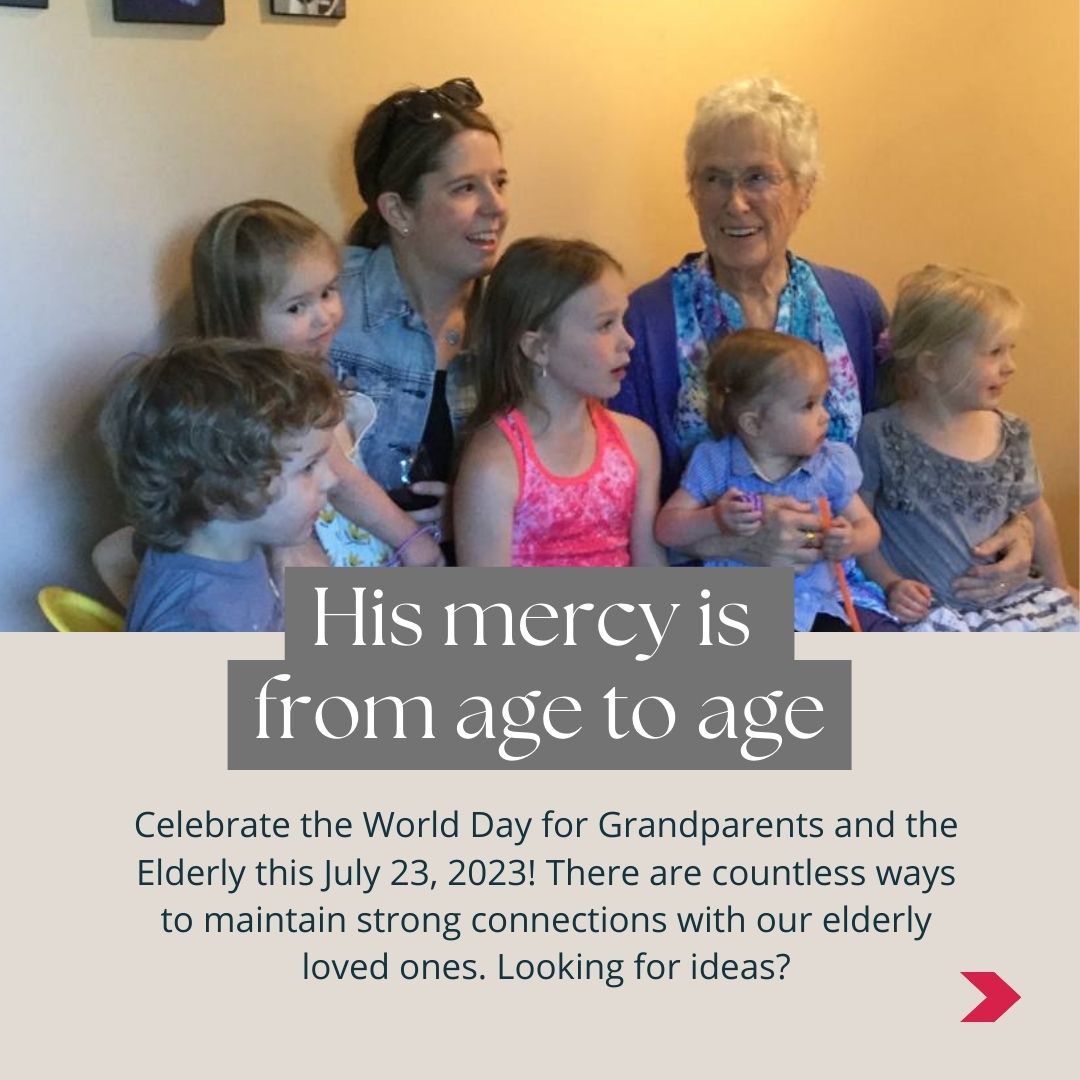
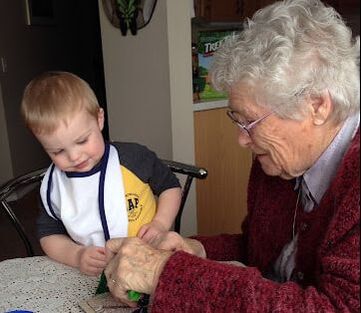
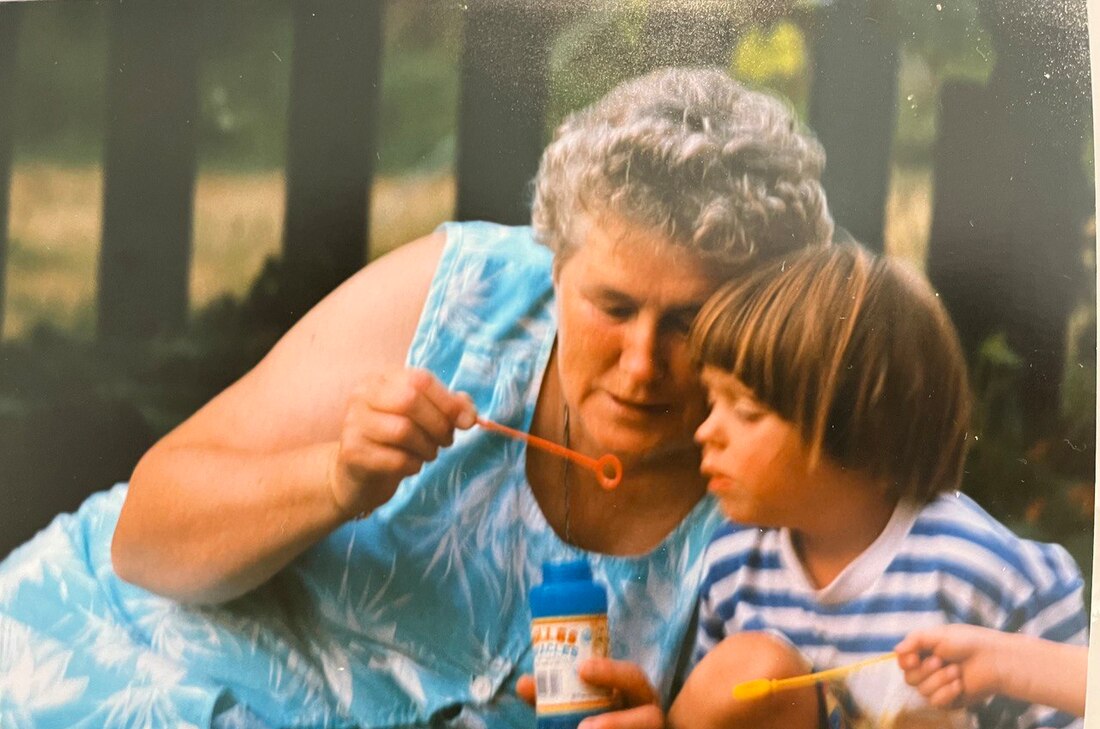
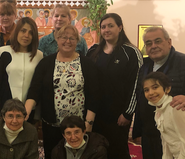
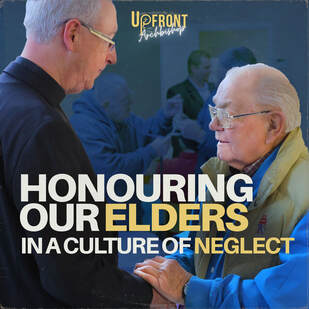
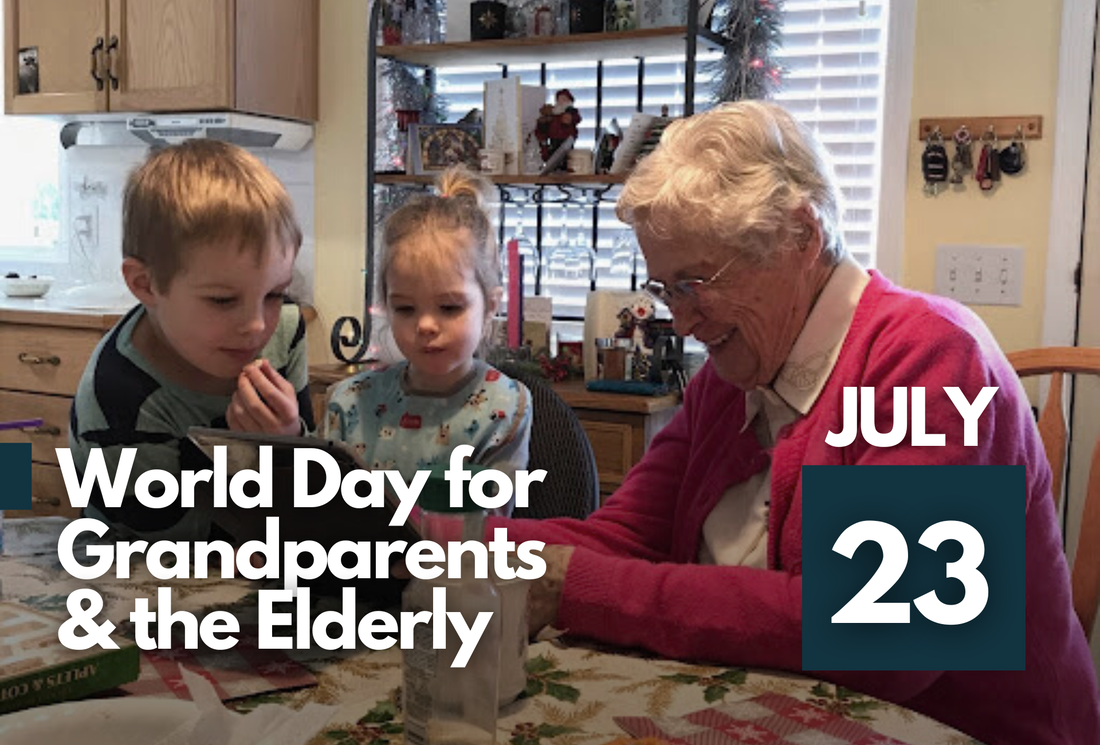
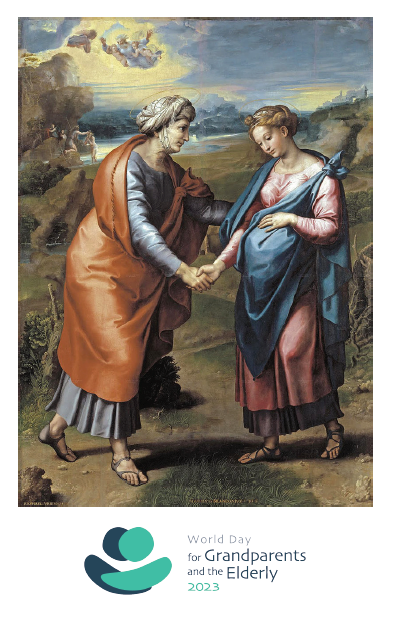

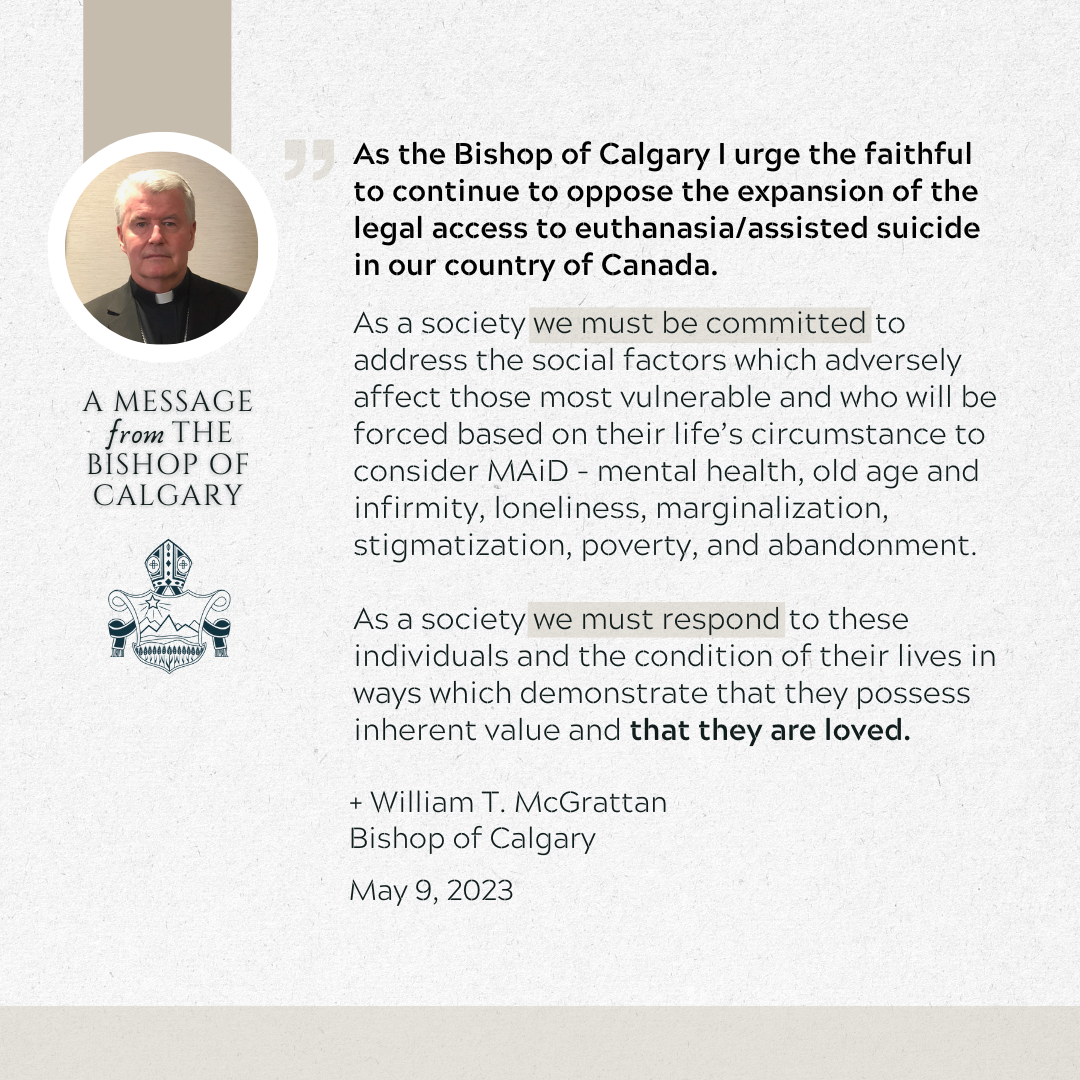
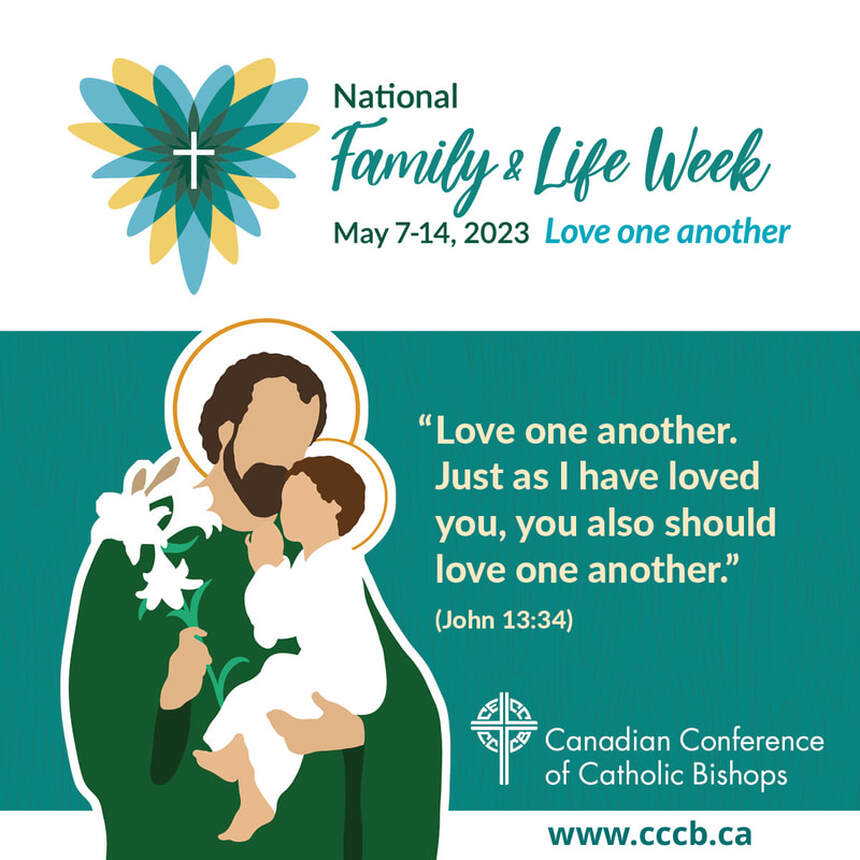

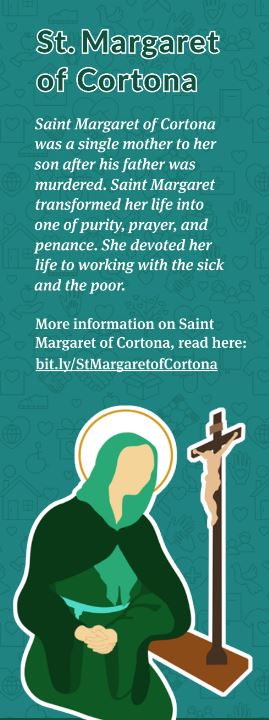

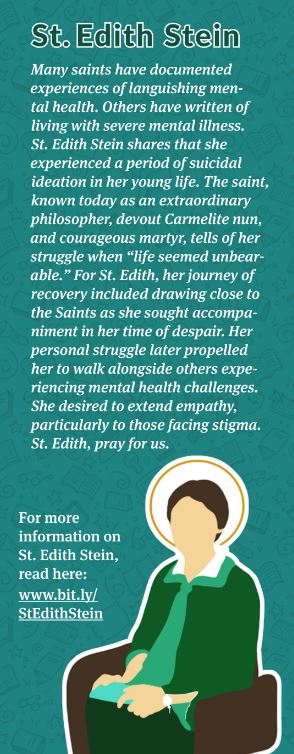




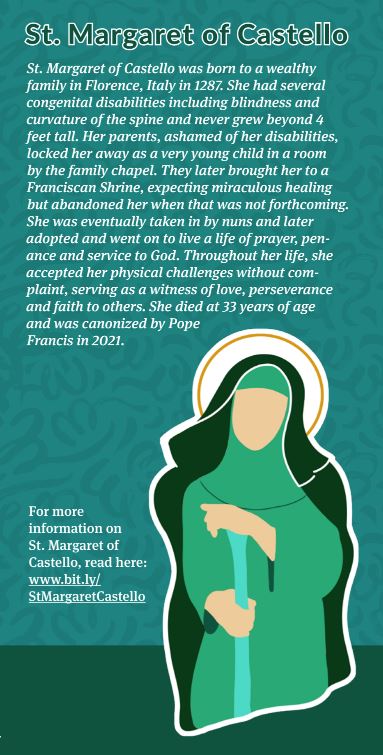

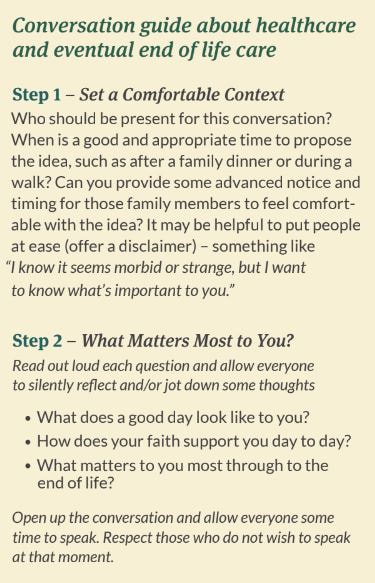
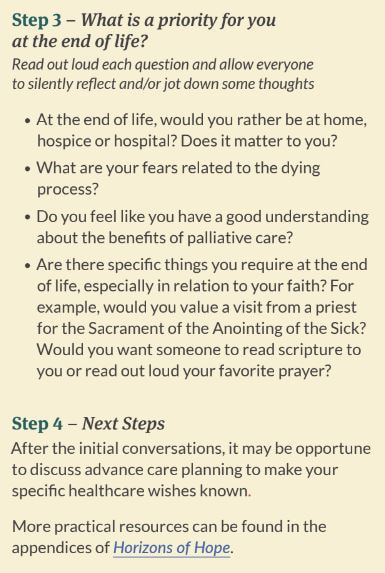
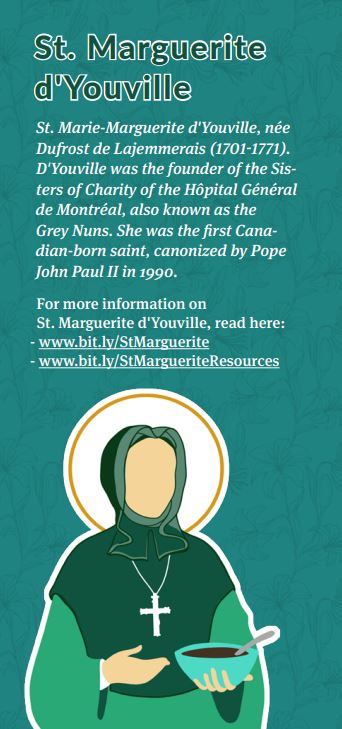

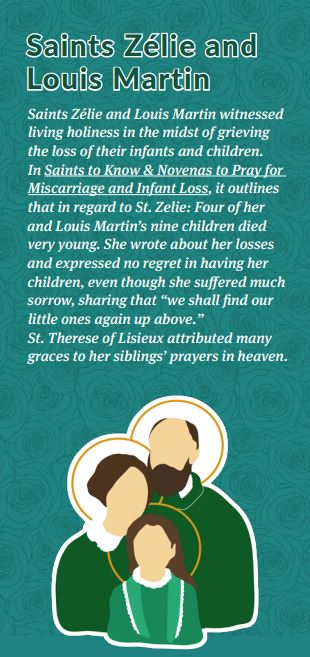
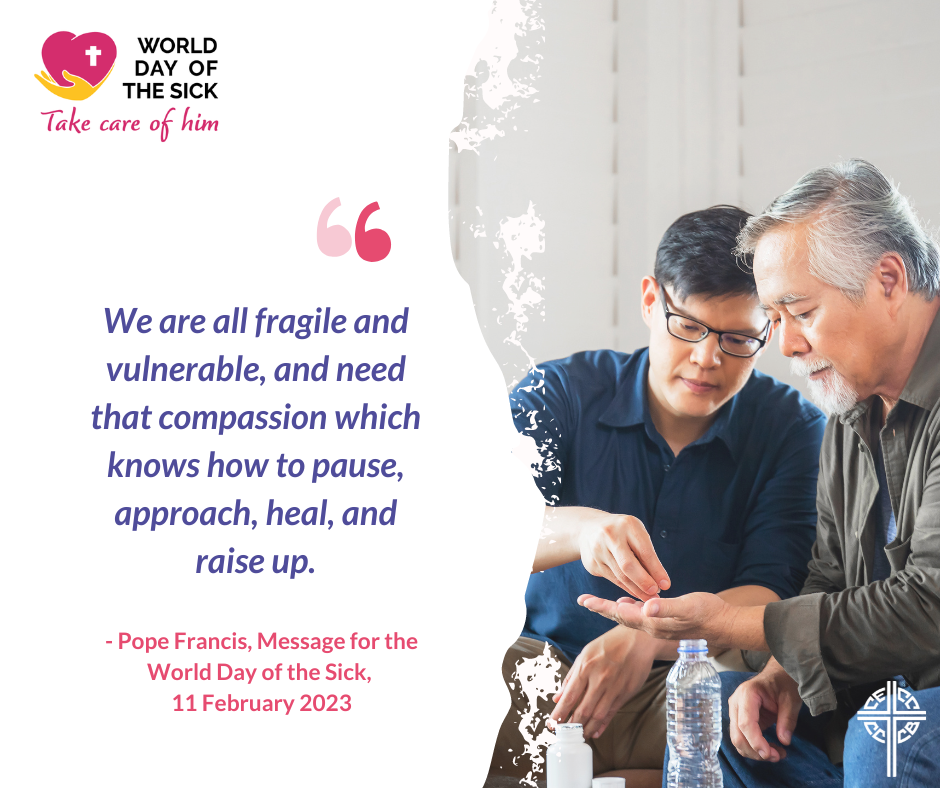
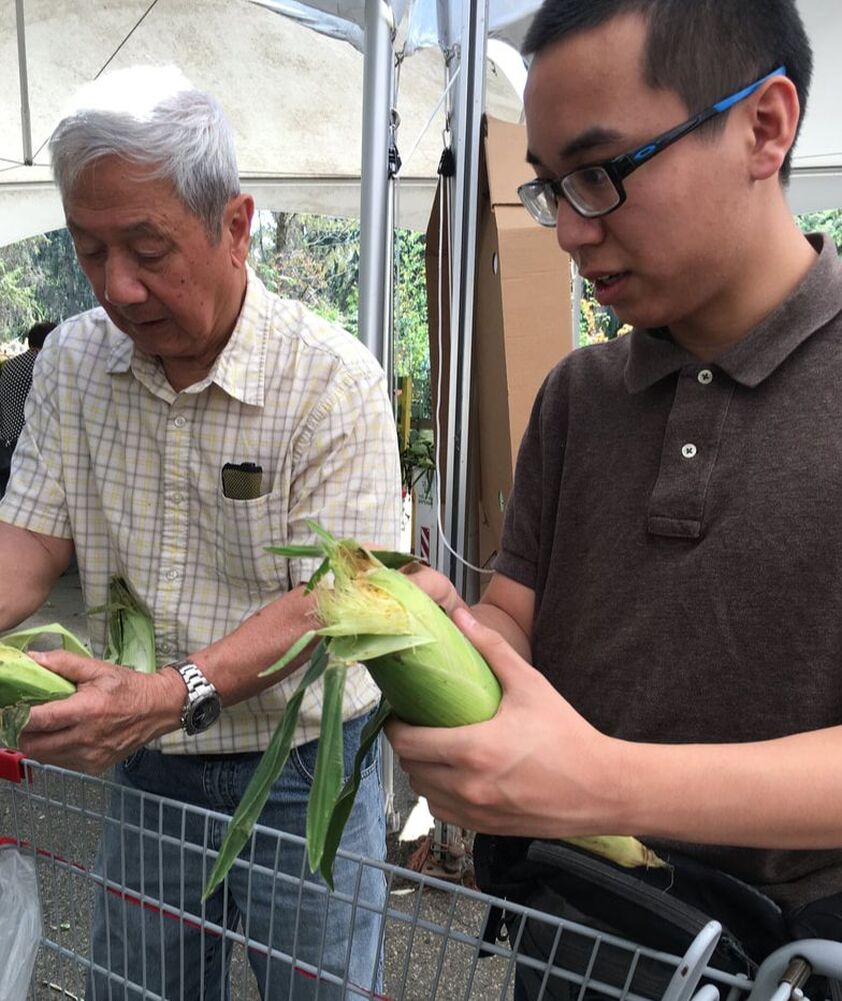

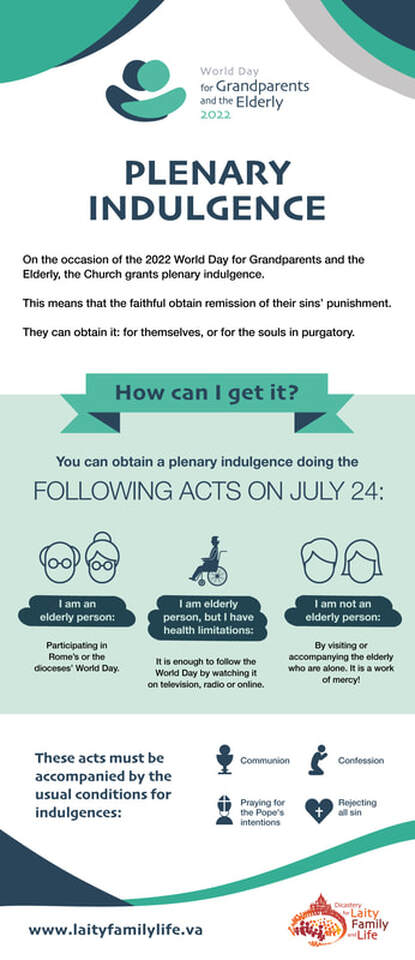
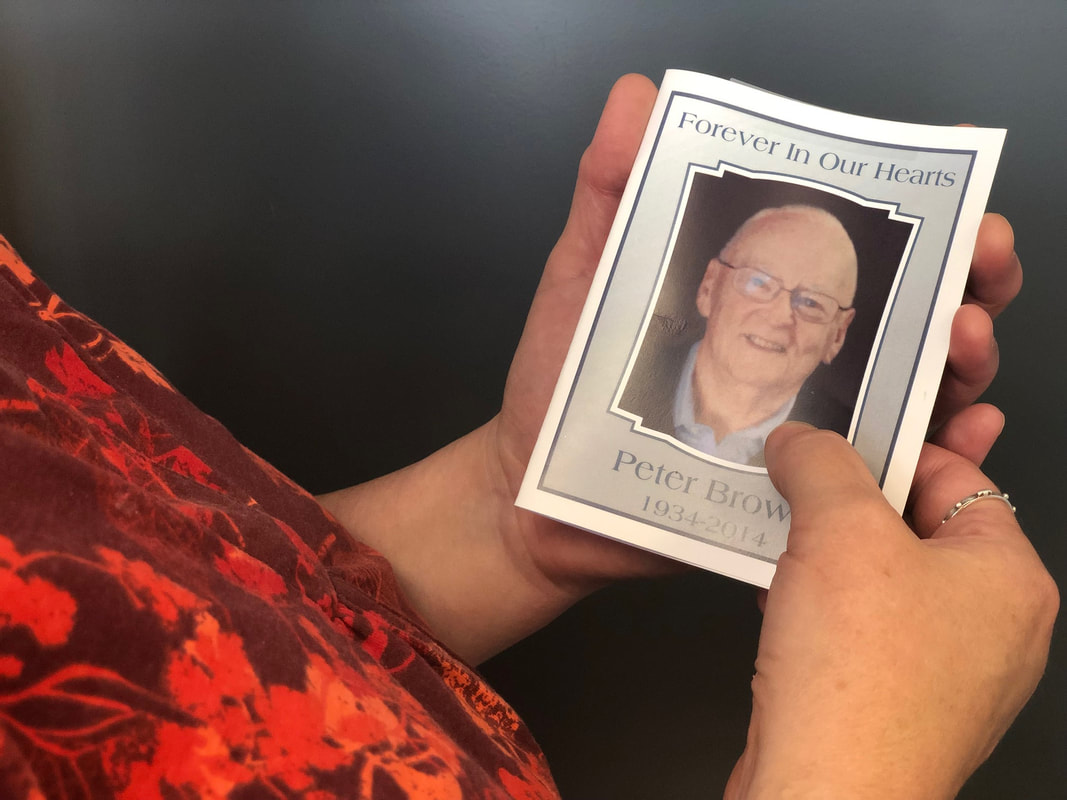
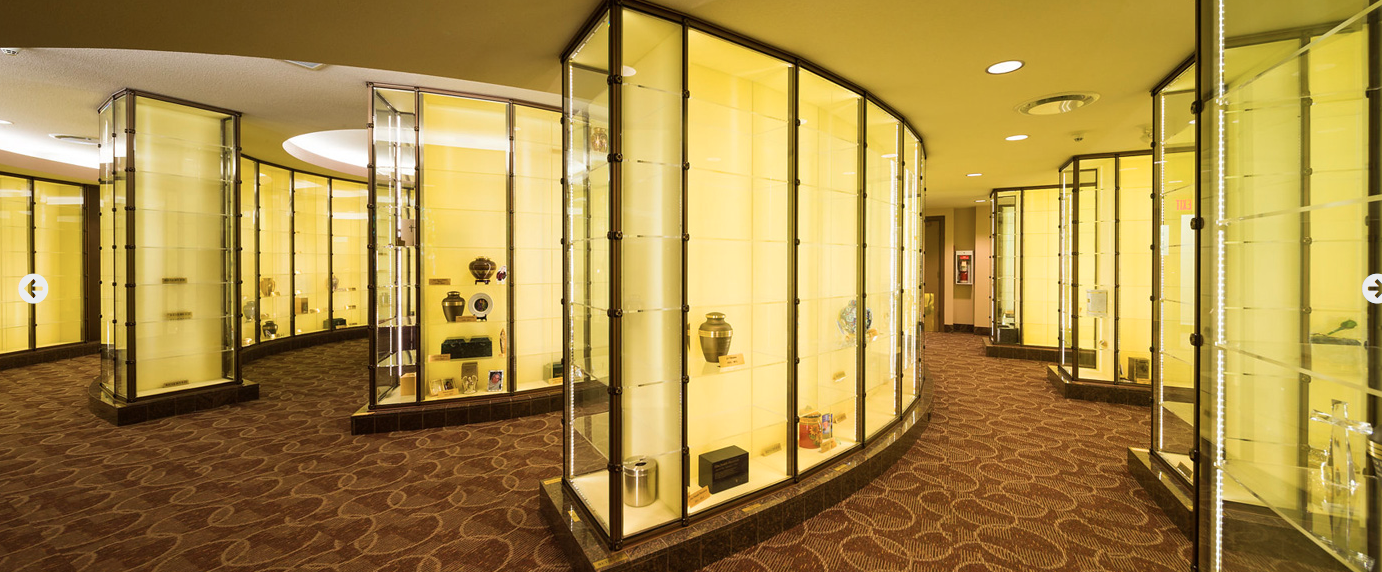
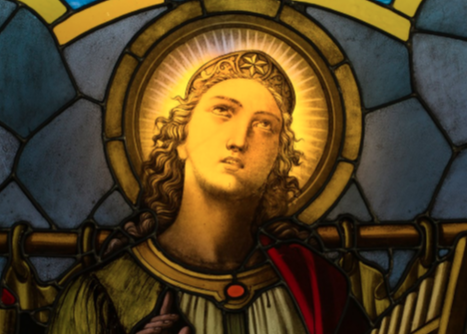
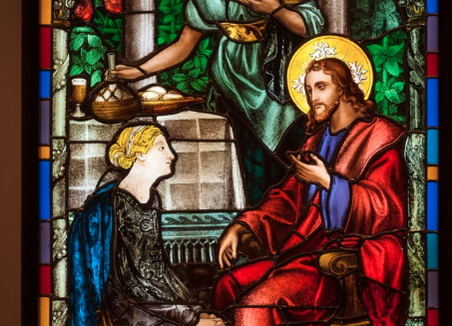
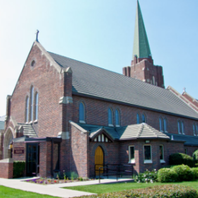
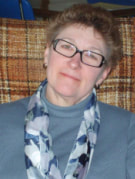
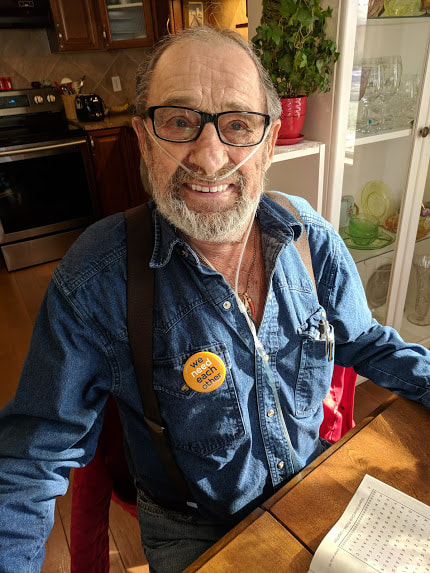
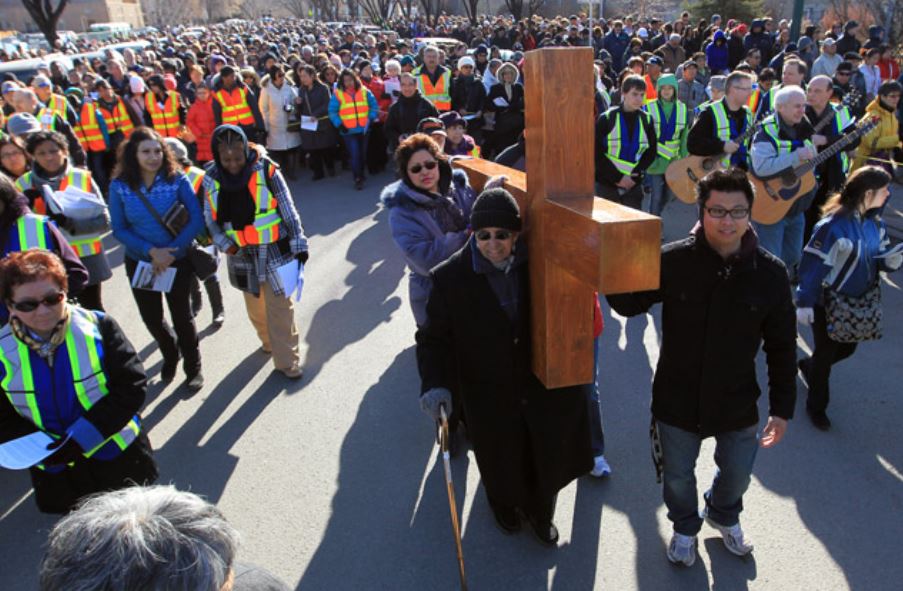
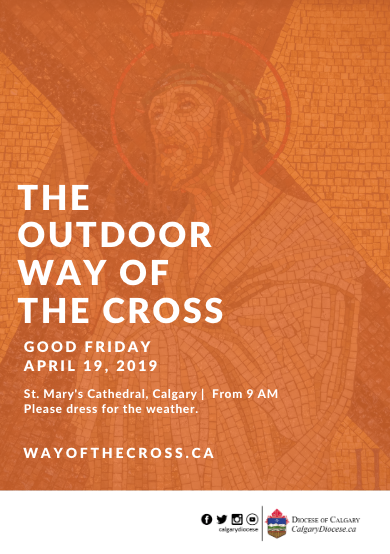
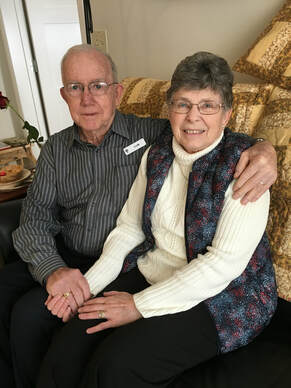
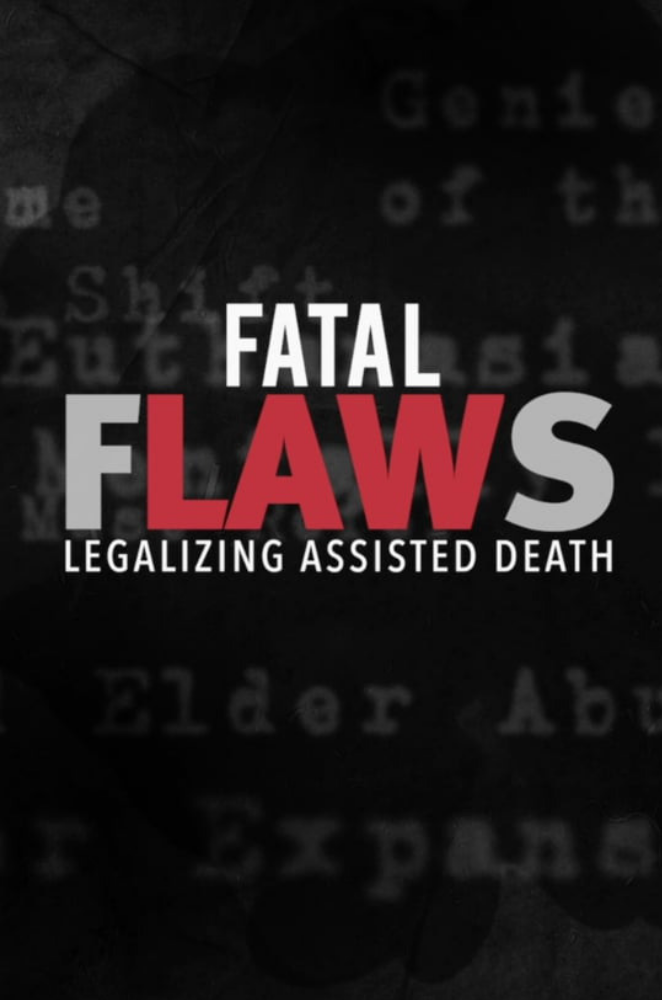
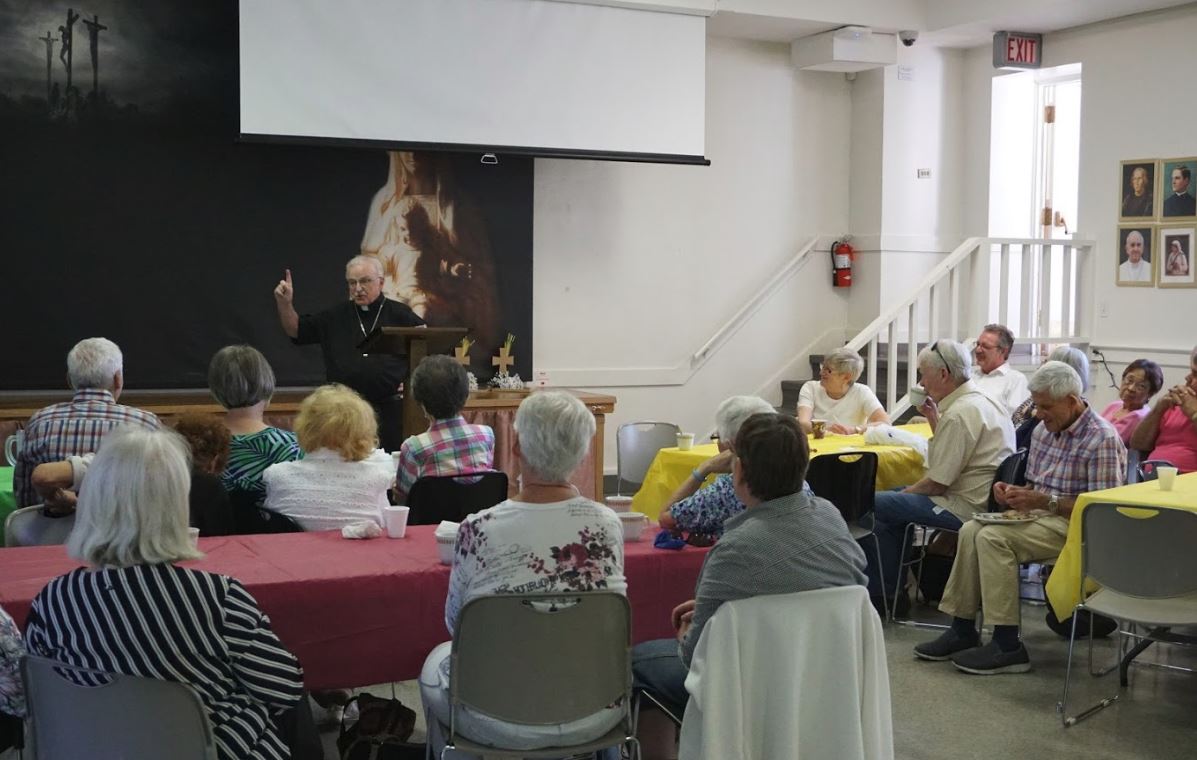
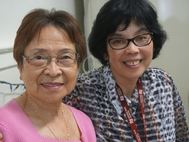
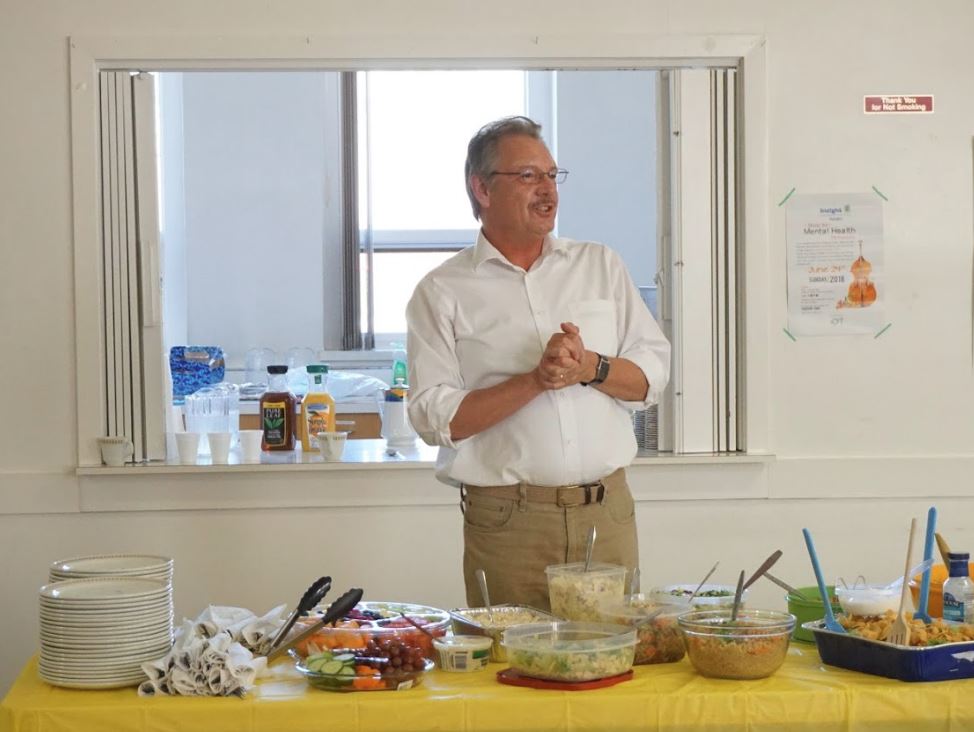
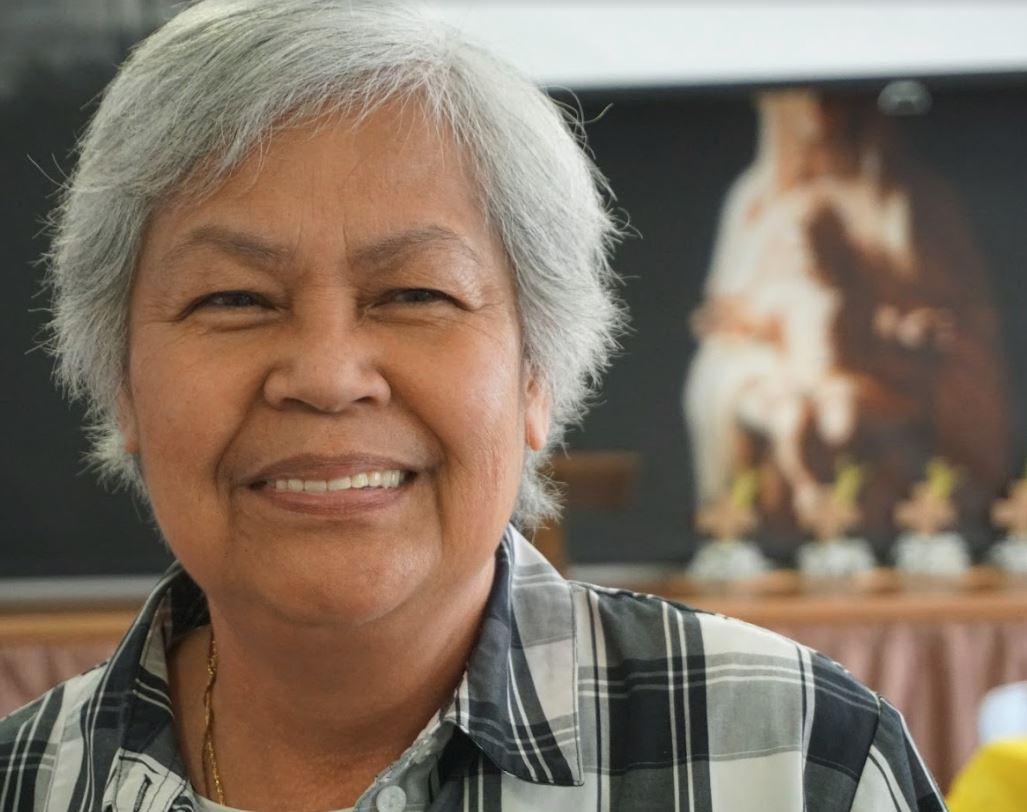
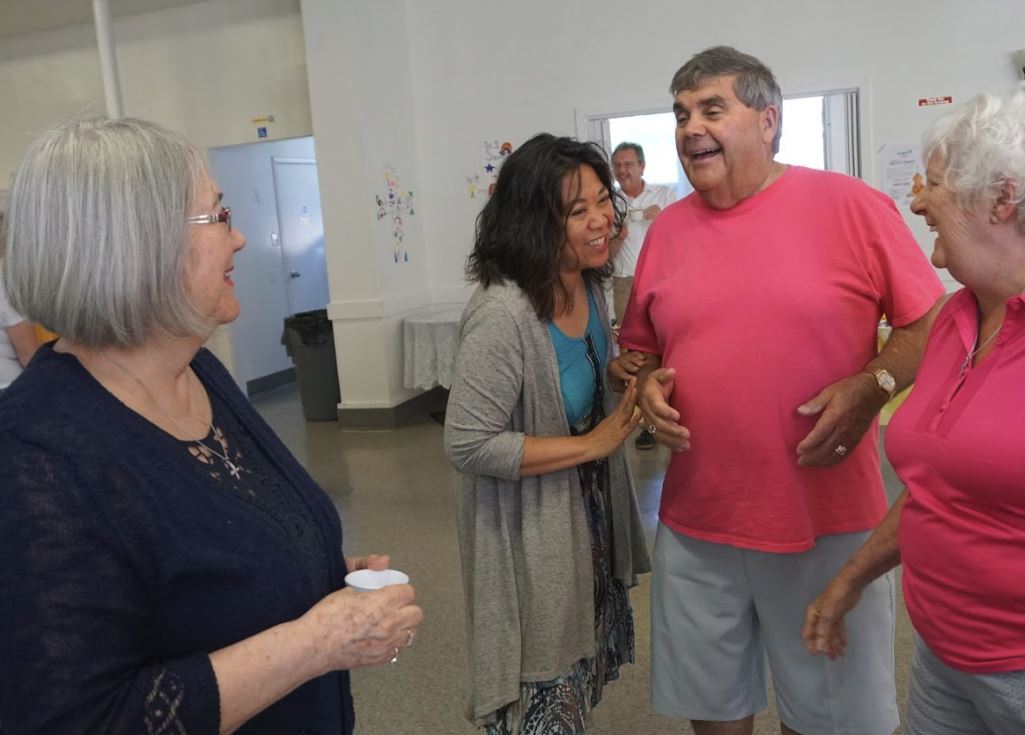
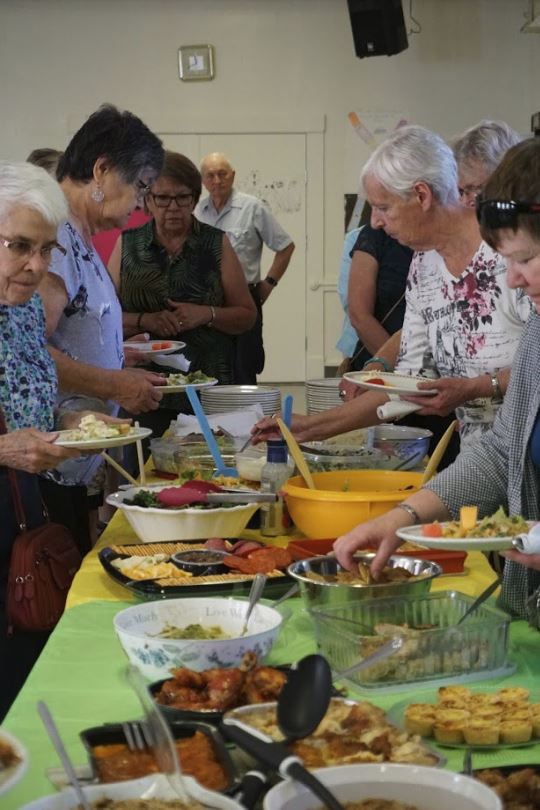
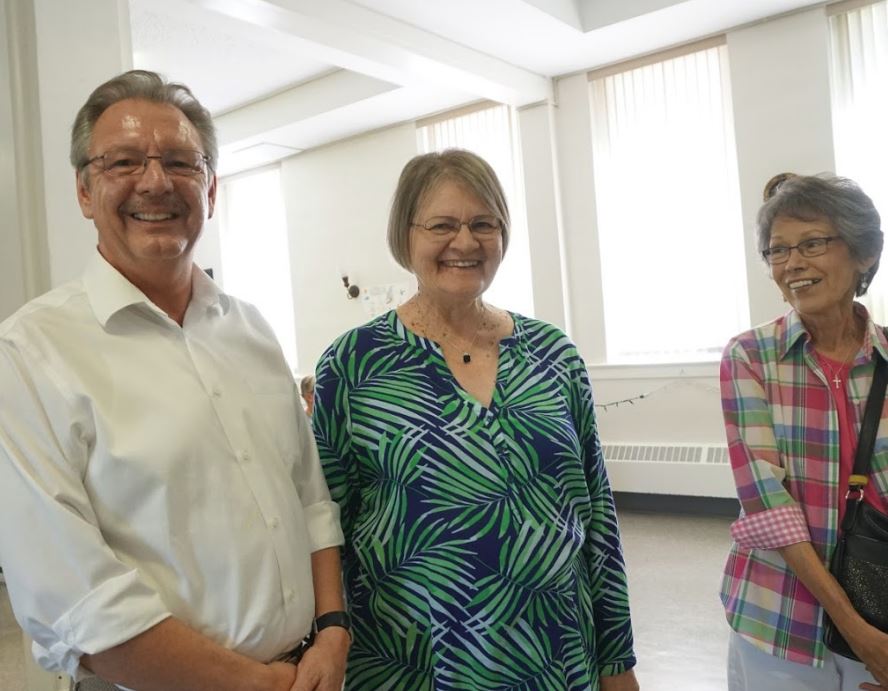
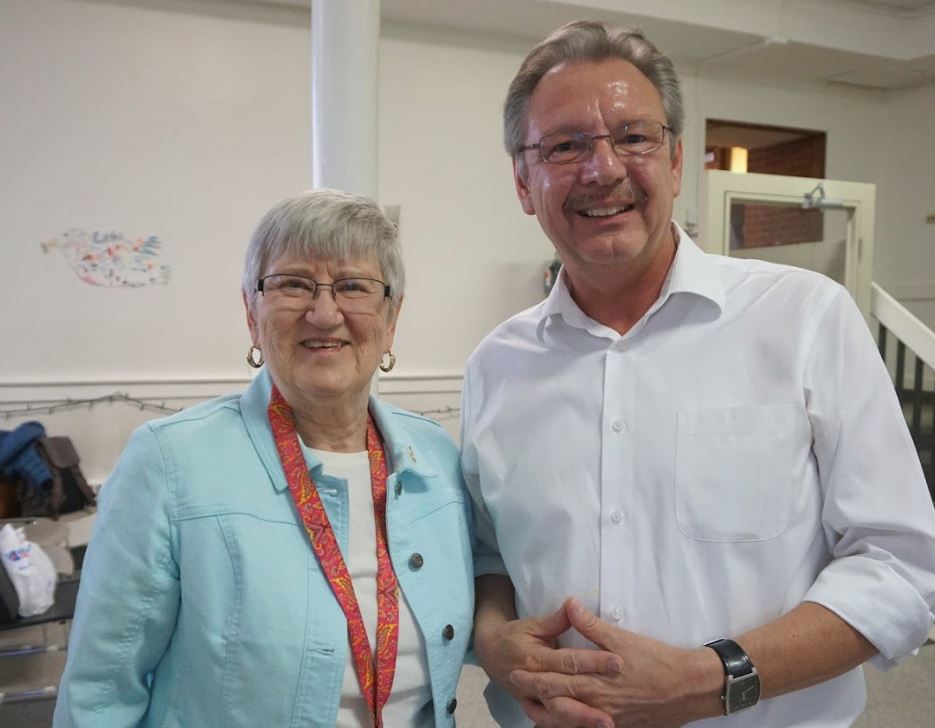
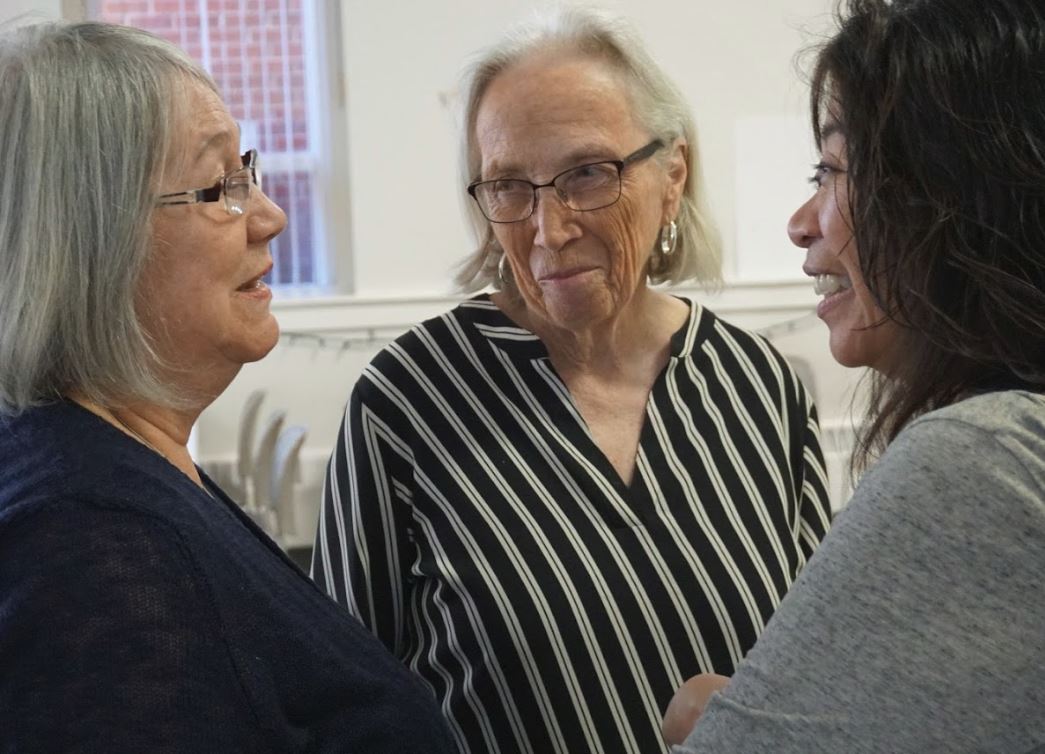
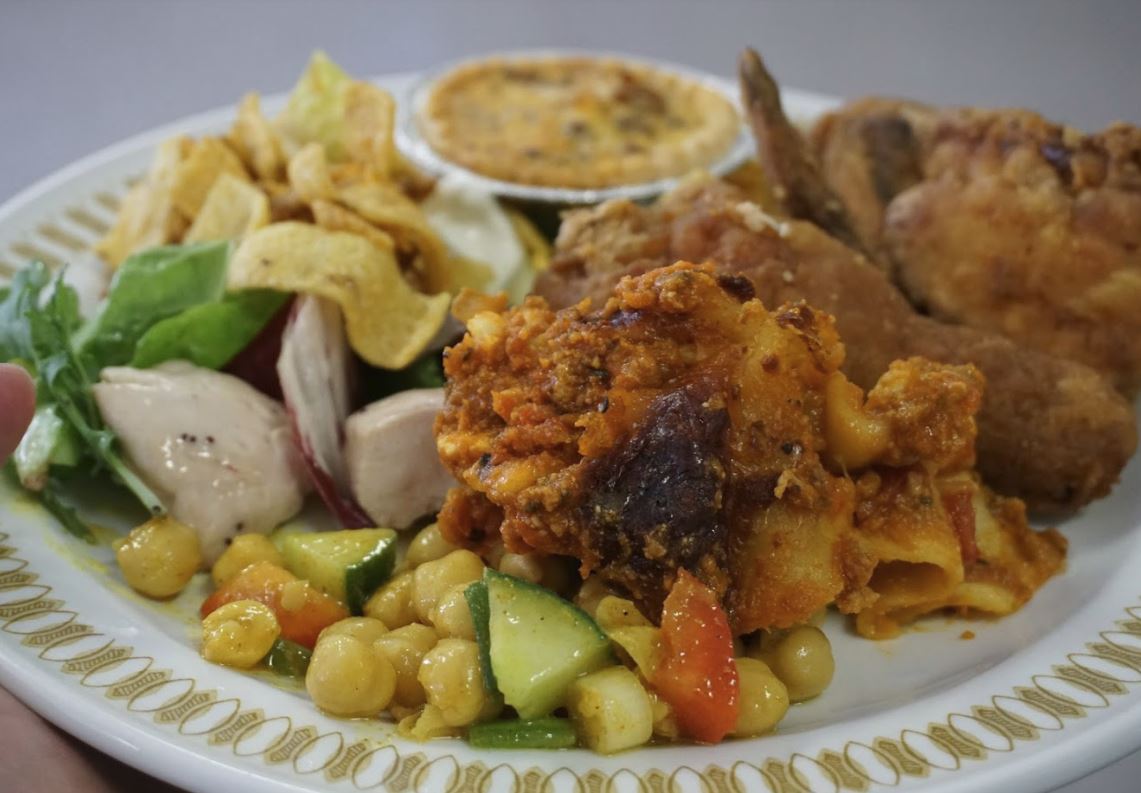
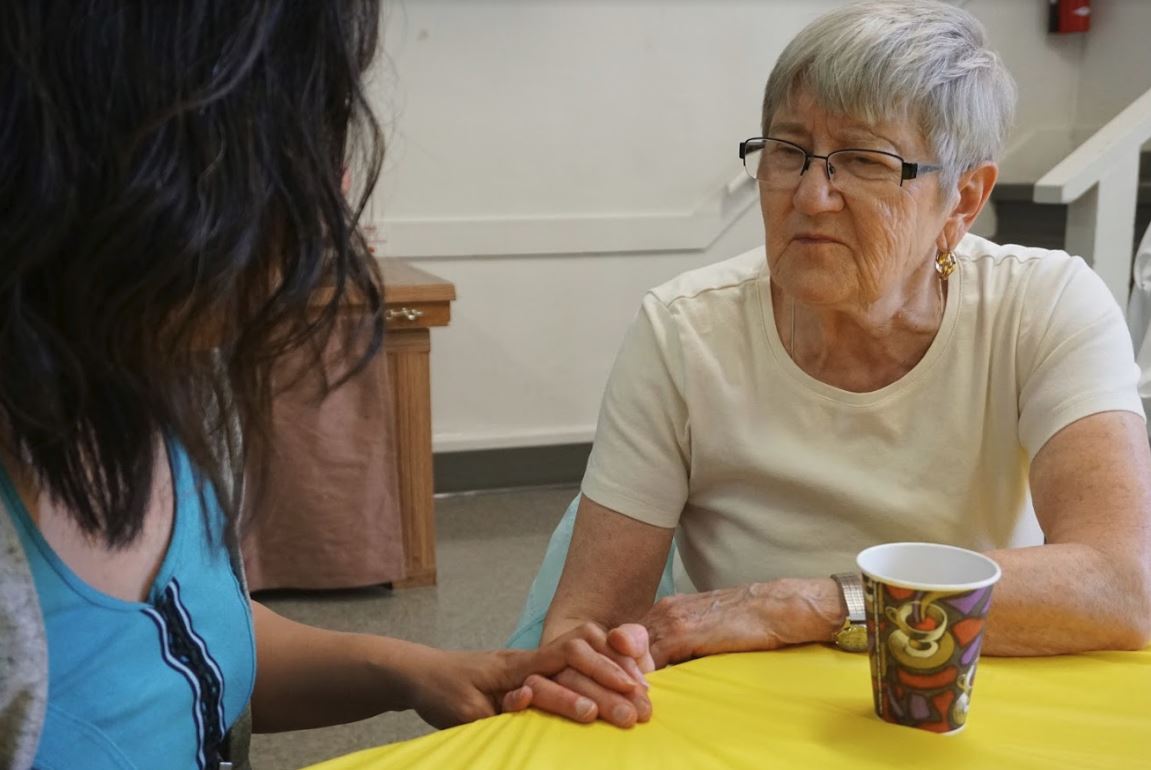
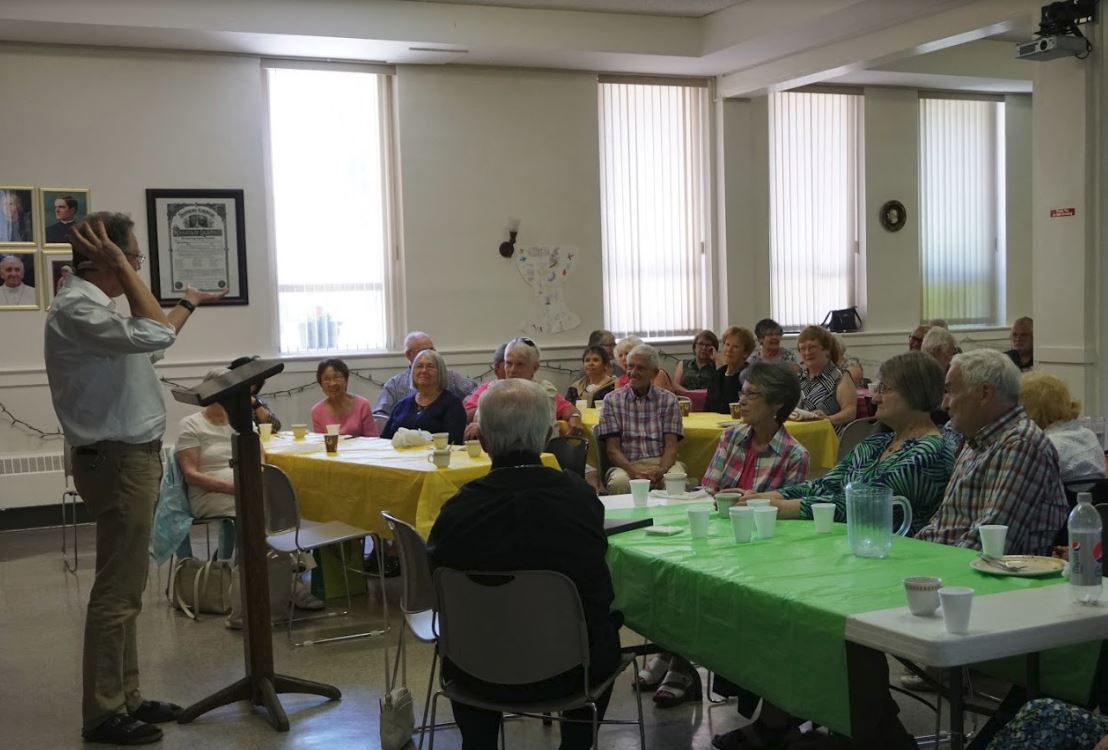
 RSS Feed
RSS Feed